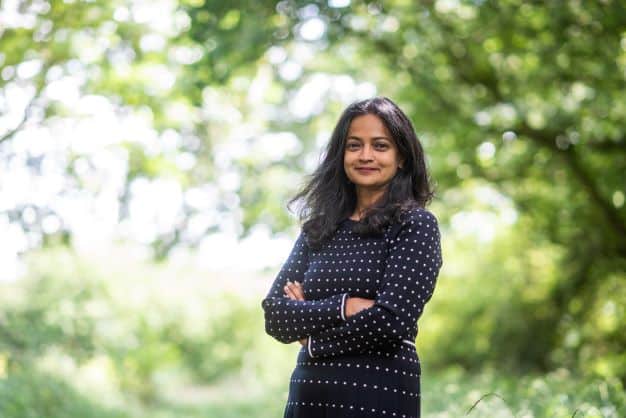
Undergraduate Courses
Law (Jurisprudence)
The Oxford Law course, leading to the BA in Jurisprudence, introduces students to a range of legal domains, in both private and public law, as well as European and International law.
The course teaches students to reason, formulate an argument, and assess legal rules and concepts from different perspectives. The BA in Jurisprudence comprises topics chosen for both their intellectual and cultural value as well as for their significance in providing rigorous foundations for legal practice. In addition to the standard curriculum, students choose two optional subjects aligned with their interests and intended future career. The course constitutes a ‘qualifying law degree' for the purpose of practice as a solicitor or barrister in England and Wales, equivalent to the LLB of other universities.
The standard BA in Jurisprudence is a three-year course (Course I). There is also a four-year course (Course II), which includes a year abroad at one of Oxford’s partner universities.
The course at St Peter's
The College admits around six students to study law each year. It is a home to three law fellows, two of whom are tutorial fellows (Dr Dorota Leczykiewicz, Professor Lavanya Rajamani) and one of whom is a professorial fellow (Professor Robert Burrell). Uniquely among Oxford colleges, St Peter’s has a separate law centre, Barron House, a historical building situated next to the College’s main site, housing a specialist law library and a study room dedicated exclusively to Law students. St Peter’s has a strong tradition of its Law students achieving excellent results and is known for its supportive, excellence-fostering environment.
Law students at St Peter’s take Constitutional Law, Roman law, Criminal law, and Tort law in the first year; Contract law, Administrative Law, Jurisprudence, Land law and Trusts in the second year, and EU law and two papers of their choice in the final year.
The strong sense of legal community within the college is enhanced by the student-run Law Society, which provides an opportunity for current students to interact with former students of the College working in the legal profession, including judges, barristers and solicitors. The Society organises various law-related events, such as career talks and meetings with law firms’ partners.
While most St Peter’s graduates go on to become barristers or solicitors, the study of law is excellent preparation for a wide variety of other careers. No fewer than three current or former English High Court Judges were educated at St Peter’s, together with numerous partners of leading law firms and several FTSE 250 companies’ secretaries and legal counsels.


